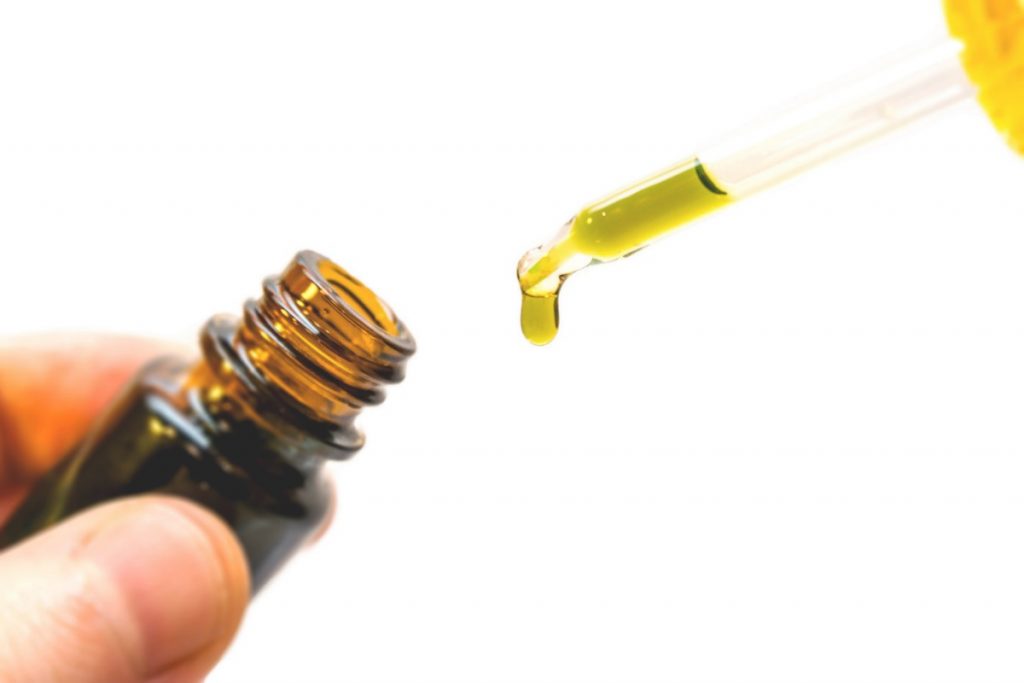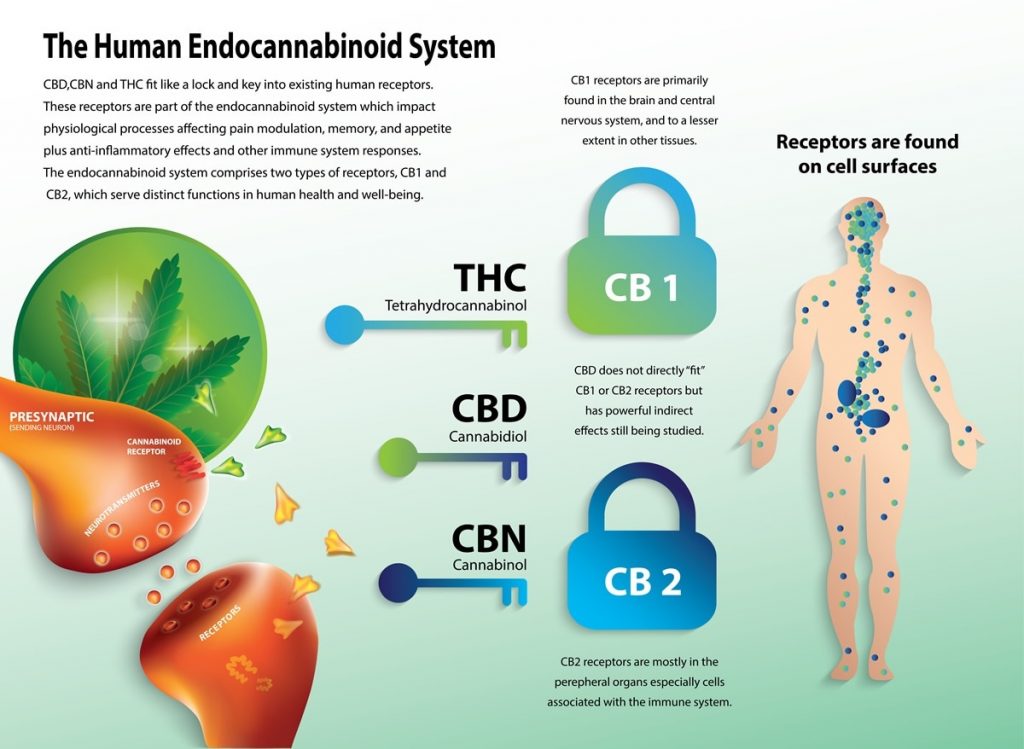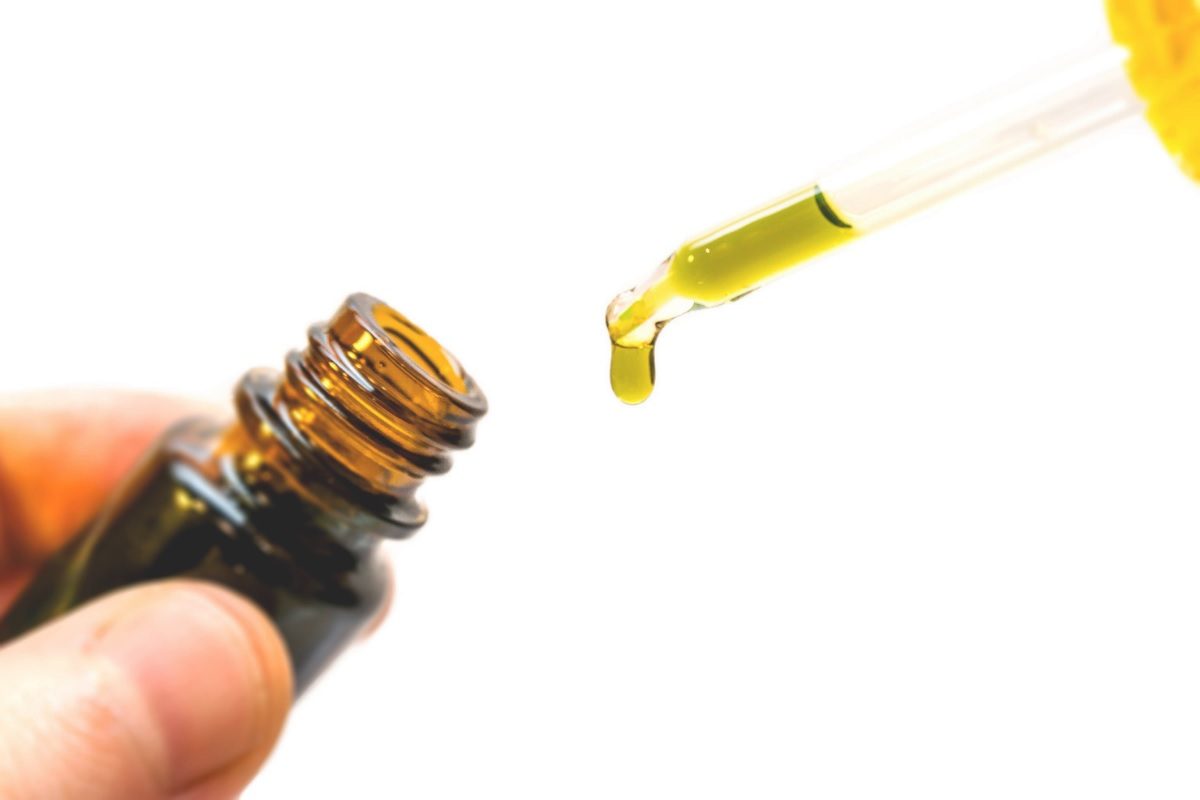Cannabidiol (CBD) is a chemical found in the cannabis sativa plant that is known as hemp. Unlike marijuana, it does not have psychoactive properties because it does not have THC (tetrahydrocannabinol), or the amount is negligible. Hemp products, by law, must have less than 0.3 percent THC in its content.
CBD is mostly sourced from the hemp plant’s fibrous stems and stalks, rather than the leaves, which contain high amounts of THC. Its popularity has grown as medical research demonstrates it has the same value as a treatment for certain medical conditions, like epilepsy. However, anecdotal claims say CBD oil is helping people ease and manage their pain and inflammation.
Qualities of CBD
Interest in CBD products for pain relief has steadily grown as people look for non-prescription substances that are safe, inexpensive and readily available. CBD oil is the most common formulation, but there are numerous other forms of CBD products for pain showing up in stores – extracts, capsules, topical ointment, honey-infusions and edibles.

CBD oil is made with the CBD oil compound extracted from the hemp plant that is then mixed with another carrier oil like coconut, olive or hemp seed oil. The added oils are necessary to increase the amount of CBD oil the body can absorb and process. CBD oil needs fat for effective absorption.
To date, the Food and Drug Administration has approved only one prescription CBD oil product (Epidiolex), and it is used to treat epilepsy. Ongoing medical research is investigating other uses for CBD oil, and chances are there will be additional prescription CBD oil products approved in the future.
At least 30 states have legalized medical marijuana, and that promoted interest in CBD oil because CBD is not a psychoactive product and does not require a prescription. It has other good qualities too. The World Health Organization research has found, “In humans, CBD exhibits no affects indicative of any abuse or dependence potential.”
Does CBD Oil Help with Pain?
CBD works differently than THC. The human body has an endocannabinoid system (ECS) that is involved in a number of the body’s processes. They include memory, sleep, pain and immune system responses.

The endocannabinoid system has two types of receptors identified so far that are called CB1 and CB2. The CB1 receptors are found primarily in the brain. These are the receptors for THC, producing the “high.” CB2 receptors are found primarily in the immune system. CBD triggers the CB2 receptors to produce its own cannabinoids, and that is why CBD seems to impact pain and inflammation responses. A study reviewed in the “Neurotherapeutics” journey found that CBD can block absorption of some compounds that regulate pain, like anandamide. Keeping anandamide in the bloodstream may help lower the level of pain experienced.
Does CBD reduce inflammation? Does CBD oil reduce pain? These are common questions, as CBD grows more popular. Though there is limited research available, the laboratory studies conducted to date do indicate CBD can reduce inflammation and pain associated with arthritis. European studies have also found CBD may inhibit neuropathic and inflammatory chronic pain, meaning it may be beneficial for people suffering with a variety of medical conditions.
Neuropathic pain (nerve pain), according to the American Chronic Pain Association, is the result of damaged or dysfunctional nerve fibers sending the wrong signals to pain centers. Inflammatory pain is due to the activation of what are called nociceptors, which are the nerve cell endings that send signals to the brain and spinal cords indicating a «threat», and are responsible for initiating pain sensations. Nociceptor signals are triggered by potential or actual tissue damage.
Based on people describing their experiences, it appears that CBD oil can help relieve pain. Studies indicate CBD may reduce inflammation, inhibit the body from absorbing compounds that signal pain and/or assist with immune system responses. The medical proof does not exist yet, but people claim it helps with pain due to:
- Arthritis
- Multiple sclerosis
- Cancer
- Parkinson’s disease
- Neuropathic pain
- Fibromyalgia
- Chronic inflammation due to a medical condition
Though pain is a physical occurrence, the state of the mind has a lot to do with how pain is felt and managed. CBD oil benefits may also include a reduction in anxiety and help with insomnia. There is just no scientific proof yet.
How Long Does it Take for CBD Oil to Work for Pain Relief?
CBD oil for chronic pain is not a “miracle” substance that always brings immediate pain relief. Some people may feel the effects quickly, while others need a daily dosage for a week or longer to experience the full effects. A major influence on how fast CBD oil works is how it is administered, the amount administered and the quality of the product. The person’s medical condition, body composition and general health also play a role in its effectiveness.
For example, taking a CBD oil capsule means the substance must be digested and processed in the liver before it reaches the bloodstream. A CBD patch or topical form will not work immediately either and can take 2-3 weeks to work.
Like vitamin B, administering a CBD oil tincture sublingually will get it into the bloodstream much quicker.
How to Use Hemp Oil for Chronic Pain
CBD oil is sometimes referred to as hemp oil. Hemp oil is a term for CBD oil as discusses and for hempseed oil, which is derived from only the hemp plant’s seeds.
For chronic pain, daily use of CBD or hemp oil for pain relief is recommended. The Arthritis Foundation recommends the following for CBD pain management:
- Starting with low doses because they have seemed best for relieving pain.
- Taking 5-10 mg twice a day and increase the dosage amount as needed up to 50-100 mg.
- Using in the evening at first until comfortable with the effects and how long the effects last.
This strategy could work for any condition causing chronic pain.
Use Caution and Consult a Physician
Some people use CBD oil with no side effects. That is not true for everyone. The potential side effects of CBD oil include diarrhea, dry mouth, dizziness, appetite reduction, mood changes, nausea, fatigue and drowsiness.
Using CBD oil comes with some risks and cautions:
- It is not government regulated, except for the prescription medicine, so there is no assurance of CBD content or quality in products.
- There is also no assurance of the effects on an individual, despite anecdotal descriptions.
- CBD oil could interact with other medicines, leading to unknown consequences.
- Since it is not FDA regulated, it is best to not consume food products with CBD.
- Be aware some products are inaccurately labeled, and some may even have small amounts of THC.
- Be aware some products are inaccurately labeled as to the amount of CBD.
- Be wary of unsubstantiated claims that CBD can cure diseases.
The best course of action is to discuss the use of CBD with a physician before using it.
Resources
- https://www.health.harvard.edu/blog/cannabidiol-cbd-what-we-know-and-what-we-dont-2018082414476
- https://www.ncbi.nlm.nih.gov/pmc/articles/PMC5877694/
- https://www.ncbi.nlm.nih.gov/pmc/articles/PMC3371734/
- https://www.medicalnewstoday.com/articles/317221.php
- https://www.arthritis.org/living-with-arthritis/treatments/natural/supplements-herbs/cannabidiol-oil.php
- https://www.rheumatoidarthritis.org/cbd-oil/
- https://www.aarp.org/health/drugs-supplements/info-2019/government-warns-against-cbd-claims.html
